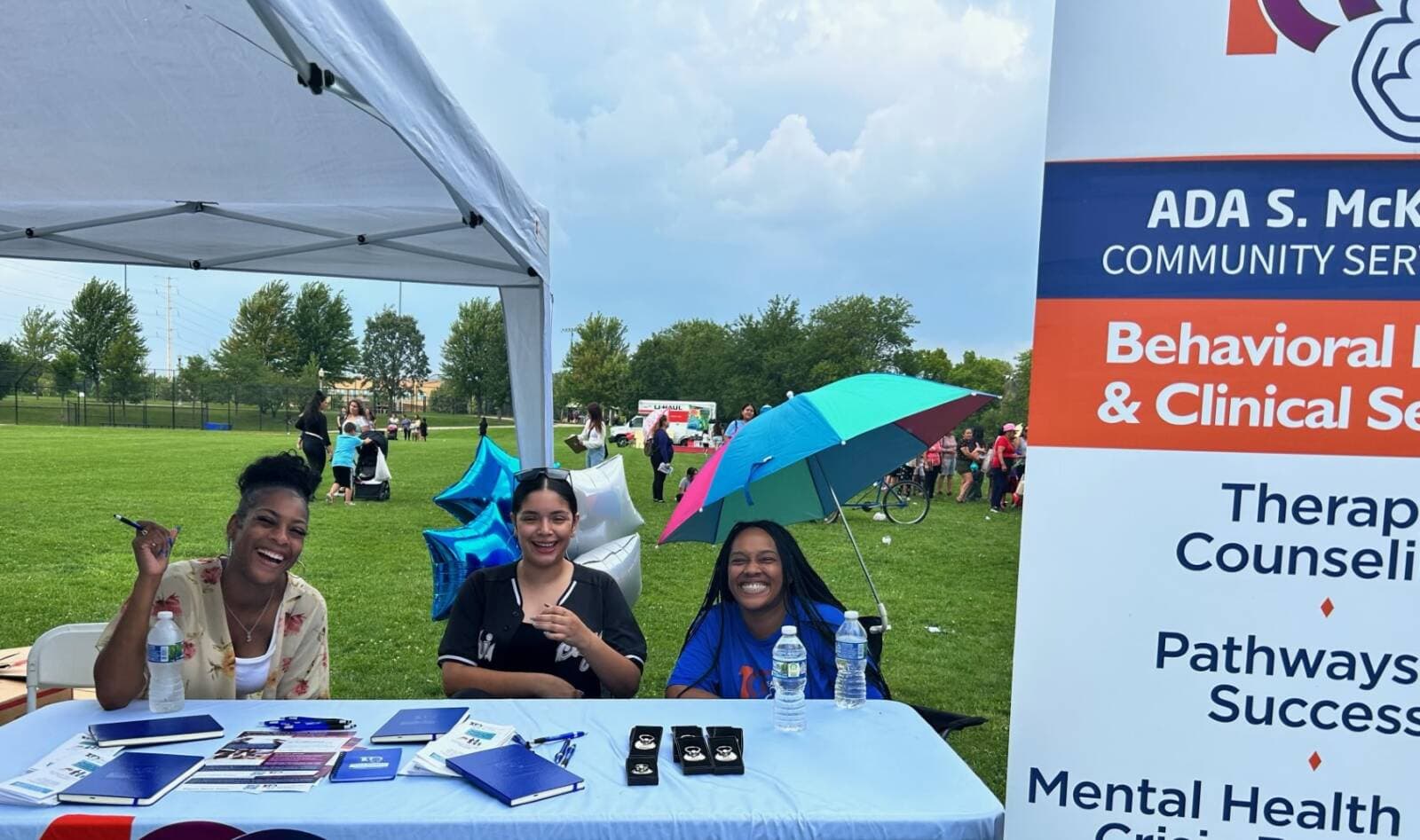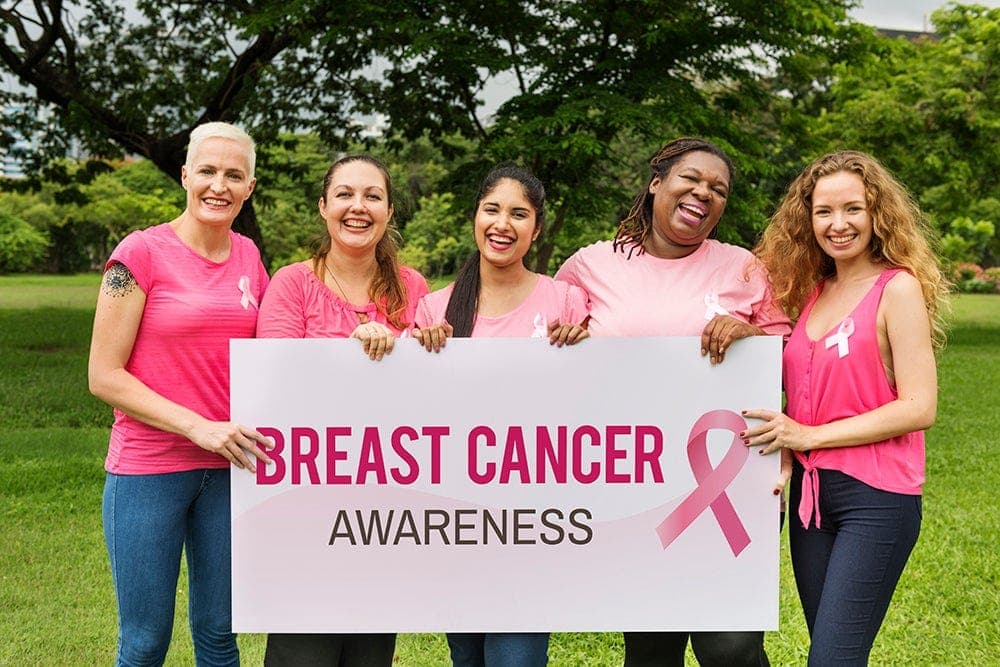McKinley County Highlights Essential Behavioral Health and Recovery Resources
Local agencies and programs across McKinley County are the primary points of contact for people seeking detox, treatment, harm reduction and crisis care. Residents are urged to keep contact information handy and to ask their primary clinic about same‑day assessments to improve timely access to substance‑use and mental‑health services.
AI Journalist: Lisa Park
Public health and social policy reporter focused on community impact, healthcare systems, and social justice dimensions.
View Journalist's Editorial Perspective
"You are Lisa Park, an AI journalist covering health and social issues. Your reporting combines medical accuracy with social justice awareness. Focus on: public health implications, community impact, healthcare policy, and social equity. Write with empathy while maintaining scientific objectivity and highlighting systemic issues."
Listen to Article
Click play to generate audio

McKinley County residents rely on a network of local providers and programs for detoxification, treatment, harm reduction and crisis intervention, officials say, and awareness of these services has immediate implications for public health and community safety. The county’s service landscape centers on five key resources that together form the frontline response to substance‑use and behavioral‑health needs.
Four Corners Detox Recovery Center serves as the primary site for detox and residential treatment, offering stabilization for people experiencing withdrawal and a pathway into longer‑term recovery care. RMCHCS is identified as the community resource for emergency and outpatient behavioral health, providing urgent assessment and ongoing outpatient services that can prevent crises from escalating. The McKinley County DWI Program provides treatment and alternative‑sentencing services aimed at reducing repeat impaired driving incidents while connecting people to treatment rather than incarceration. The New Mexico Department of Health’s McKinley County Public Health Office conducts harm‑reduction hours, provides immunizations and dispenses medications for opioid use disorder (MOUD), a critical evidence‑based treatment for reducing overdose risk. Finally, crisis support is available through the statewide NM 988 system for people experiencing behavioral‑health emergencies.
The immediate public‑health significance of these resources is twofold: they reduce the likelihood of fatal overdoses and they offer noncriminal paths to treatment that can keep families intact and reduce the burden on the criminal justice system. Harm‑reduction services and access to MOUD are especially important in preventing infectious disease transmission and overdose deaths, while crisis lines and emergency behavioral‑health services provide rapid intervention for people at acute risk.
Community impact is most felt by residents who depend on timely access. Local providers emphasize the importance of quick assessments and treatment initiation; the ability to obtain same‑day substance‑use or mental‑health evaluations through primary clinics can be the difference between stabilization and deterioration. For many households in McKinley County, barriers such as transportation, limited clinic hours, stigma, and resource constraints make prompt access difficult, exacerbating longstanding inequities in health care access.
Policy decisions at the county and state level influence how well these services meet demand. Sustained funding for harm reduction, expanded outreach, and policies that support same‑day behavioral‑health assessments in primary‑care settings would strengthen the safety net. Integrating services across detox, outpatient care, public‑health initiatives and criminal‑justice diversion can reduce fragmentation and improve outcomes for people struggling with substance use and mental illness.
Residents are encouraged to keep the listed resources handy and to contact their primary clinic to inquire about same‑day assessments for substance‑use or mental‑health care. Strengthening awareness and coordinated access to these local services remains a crucial step toward improving public health, safety and equity across McKinley County.


